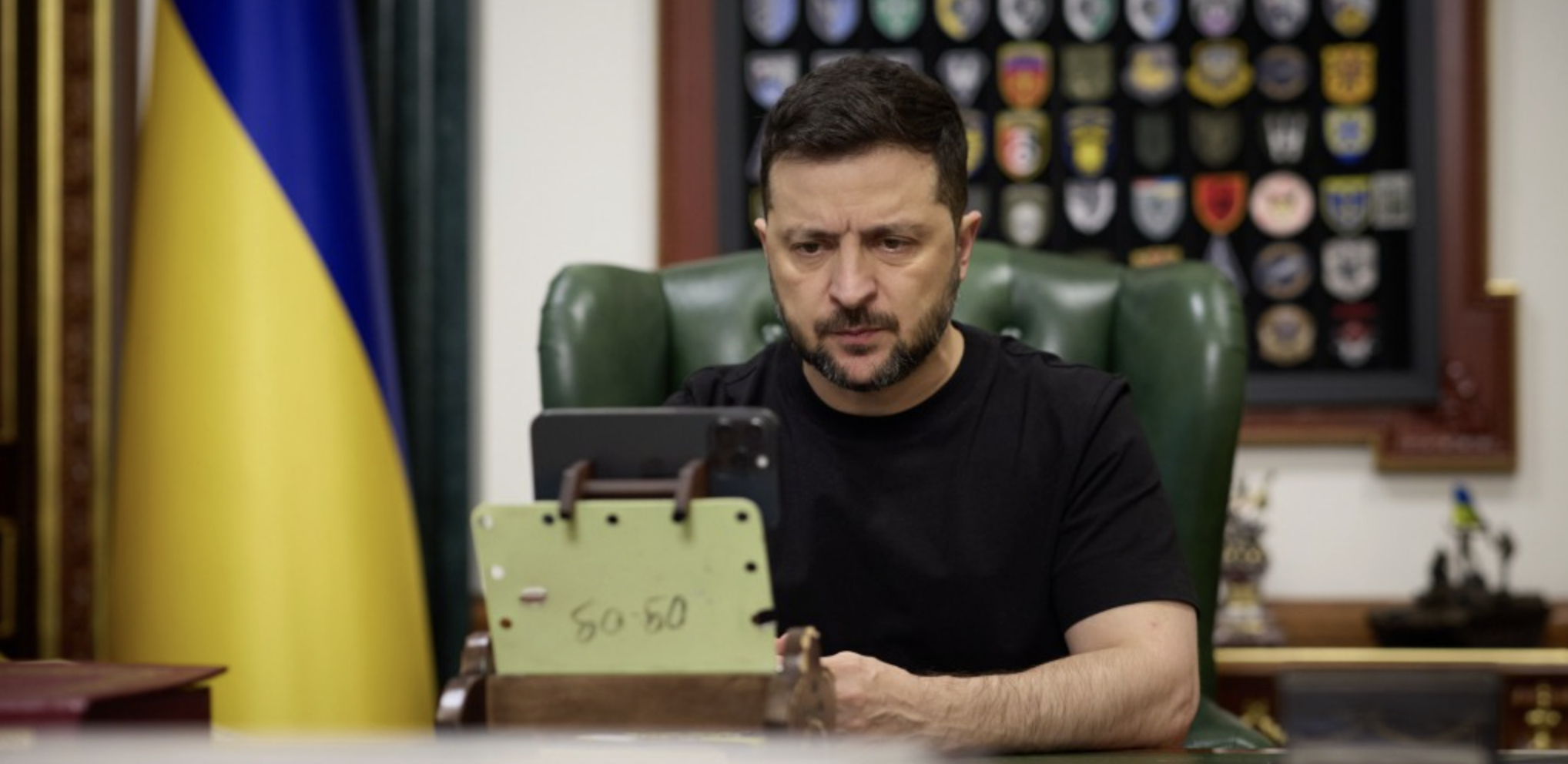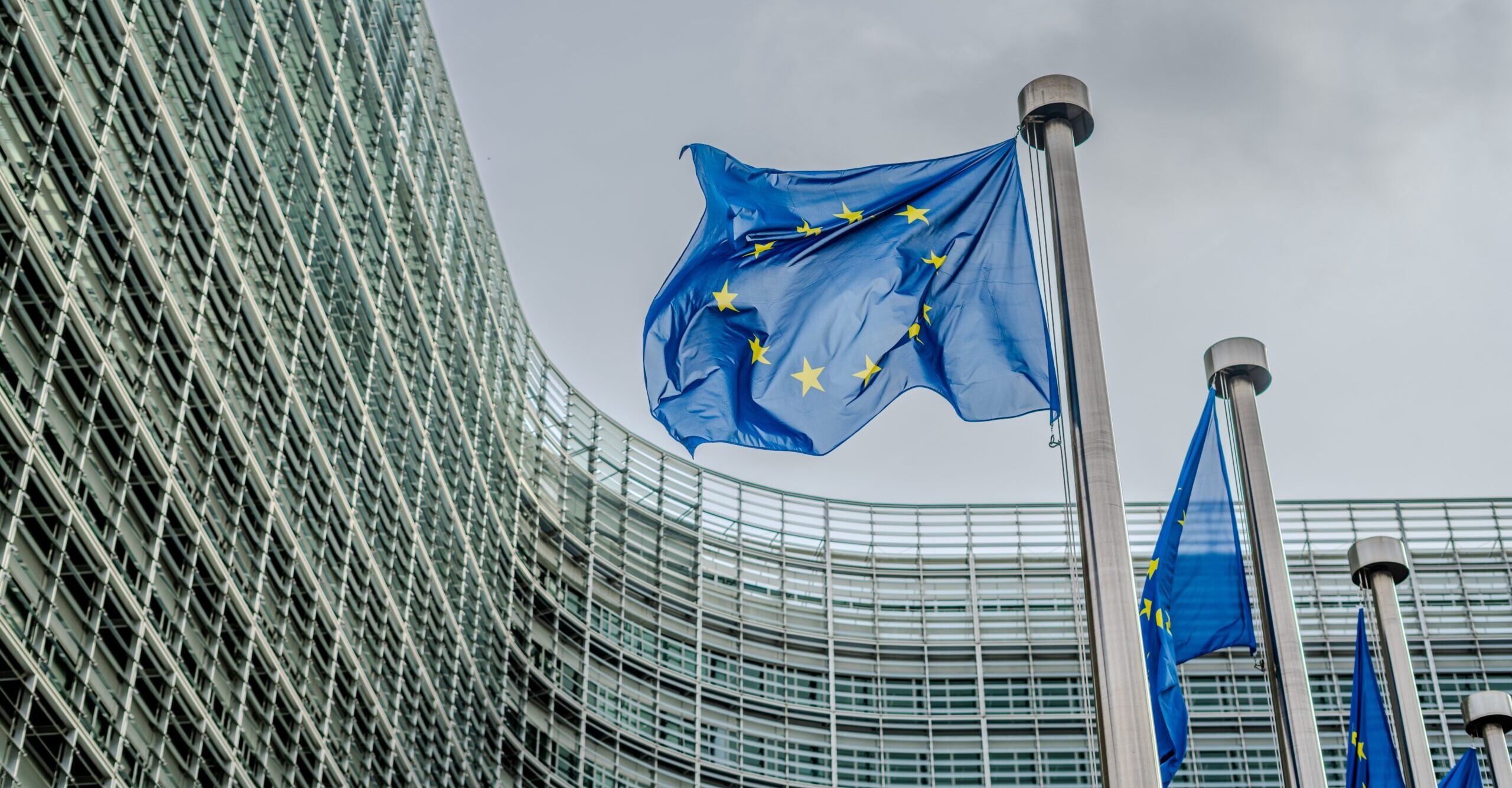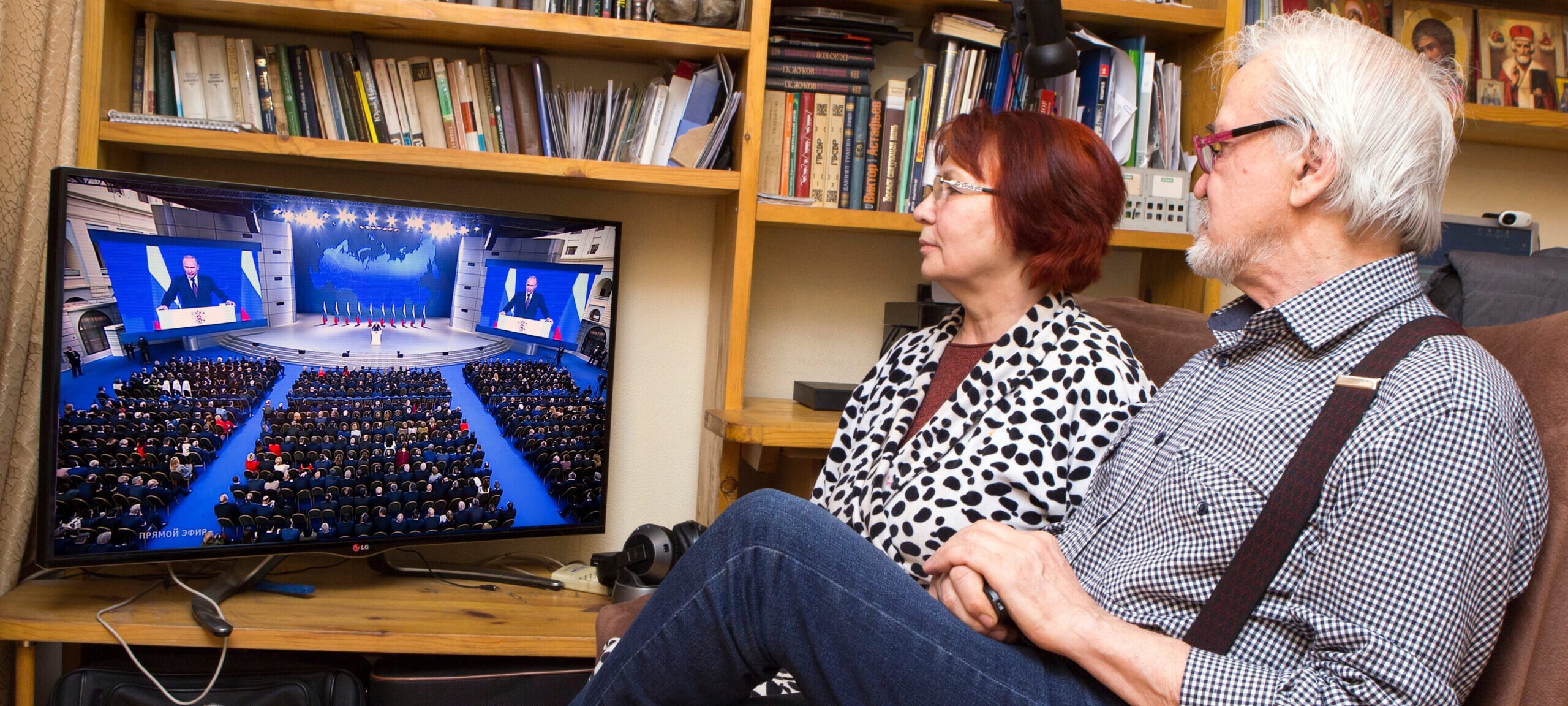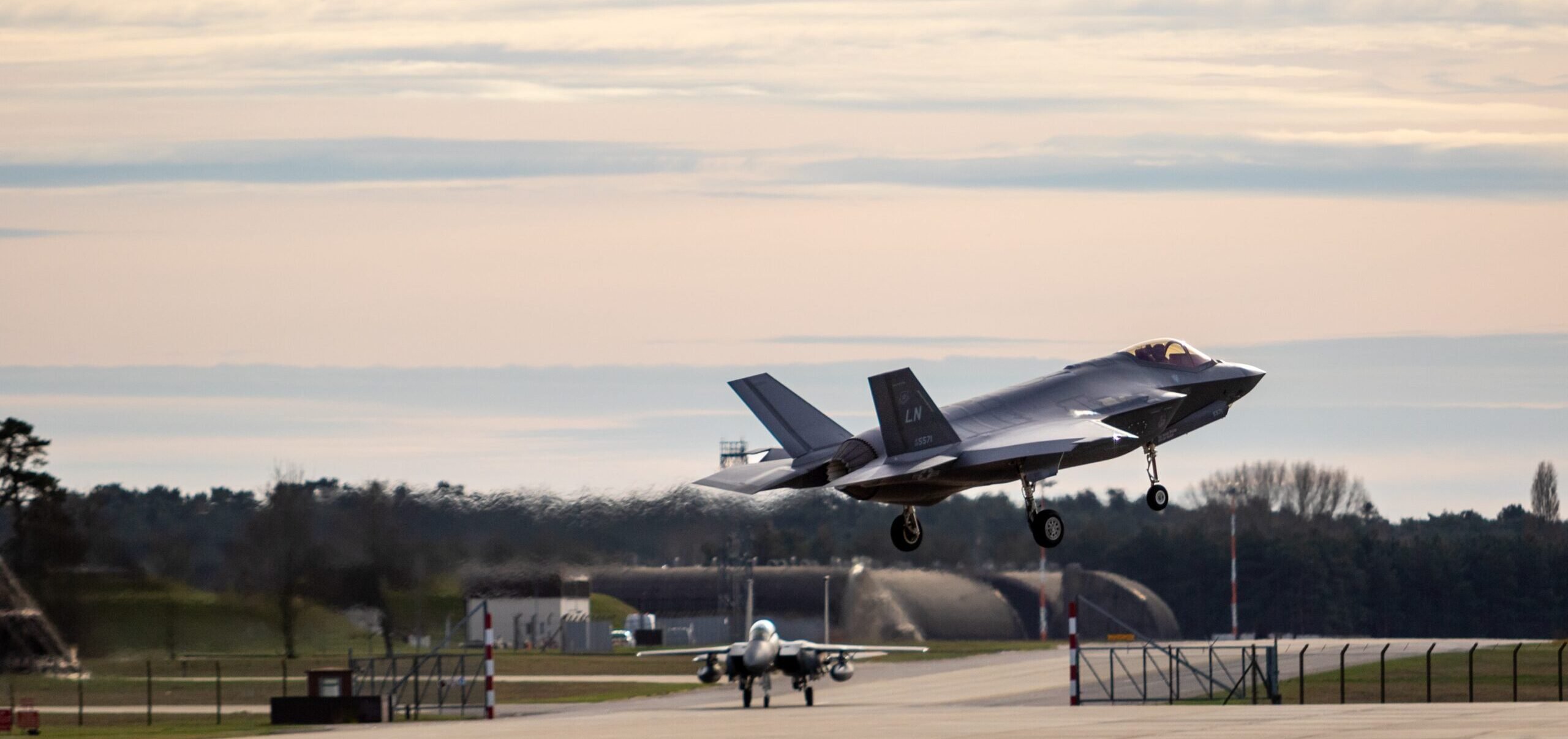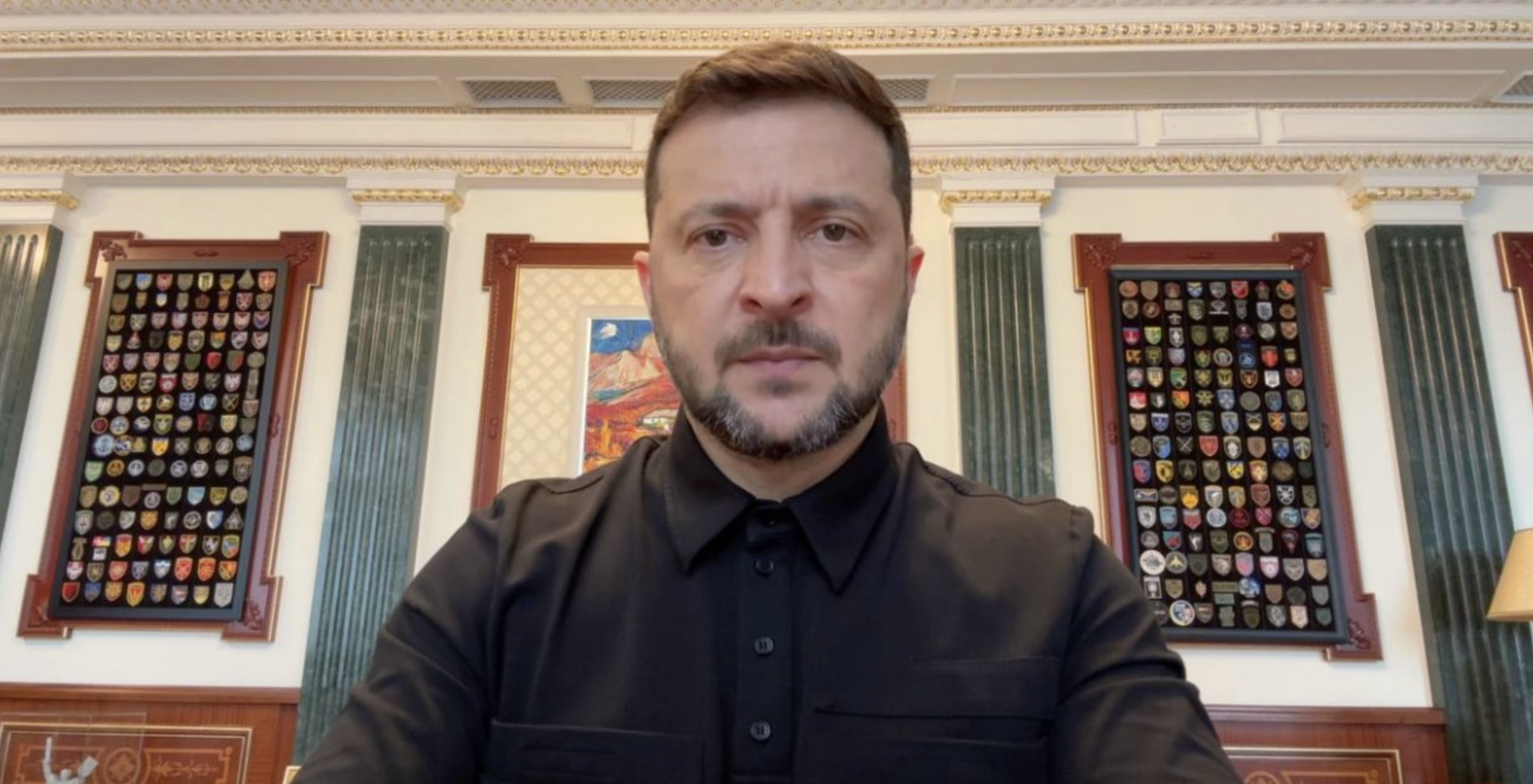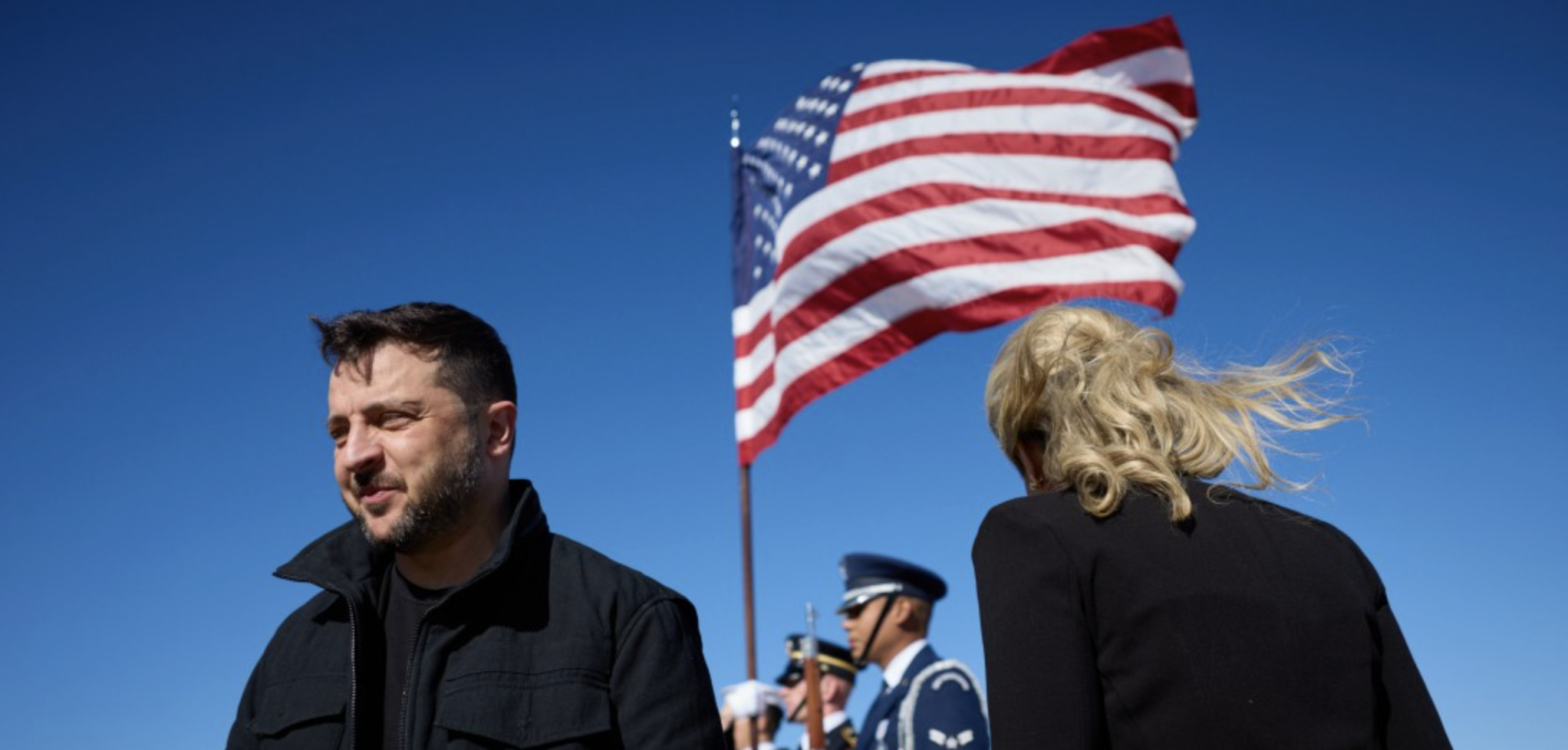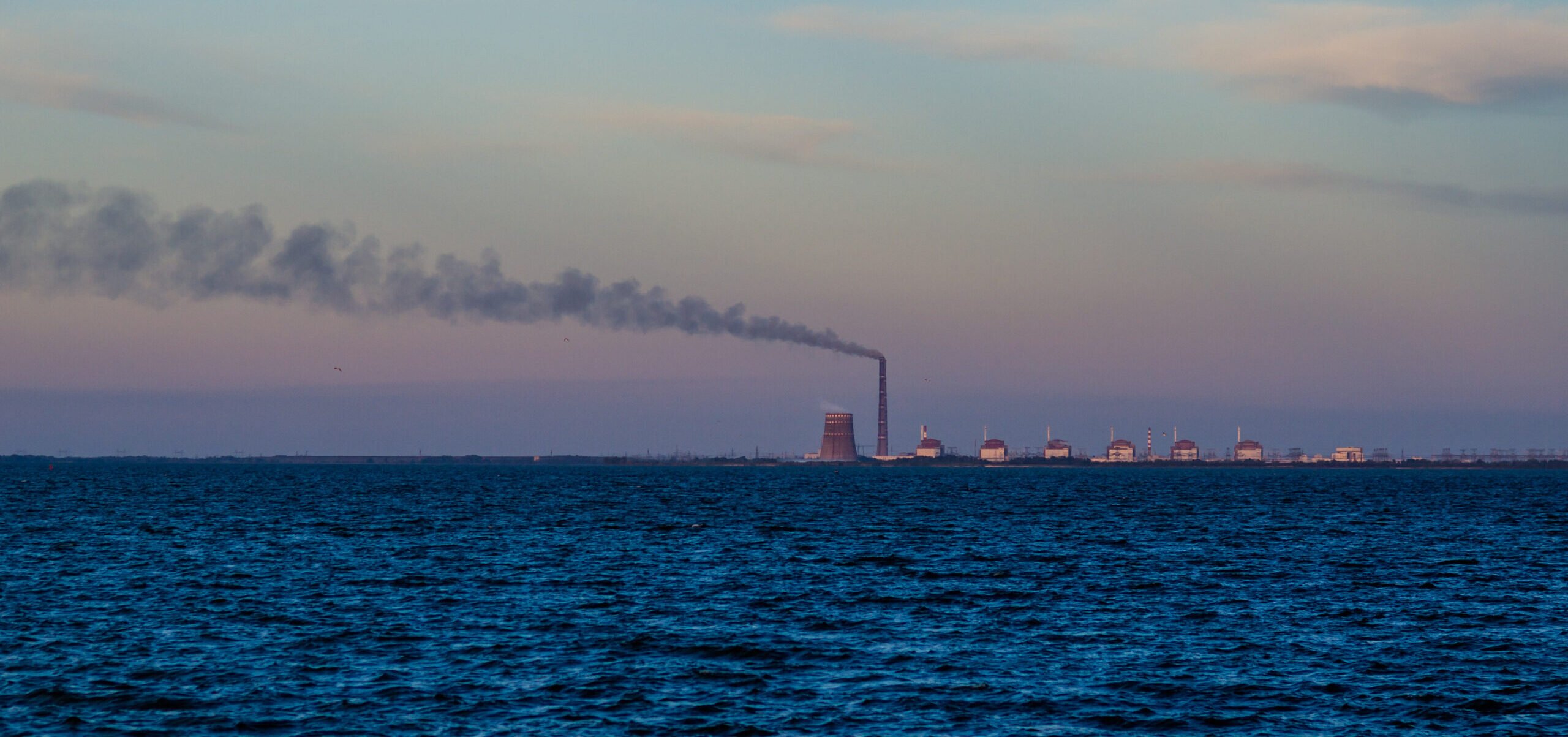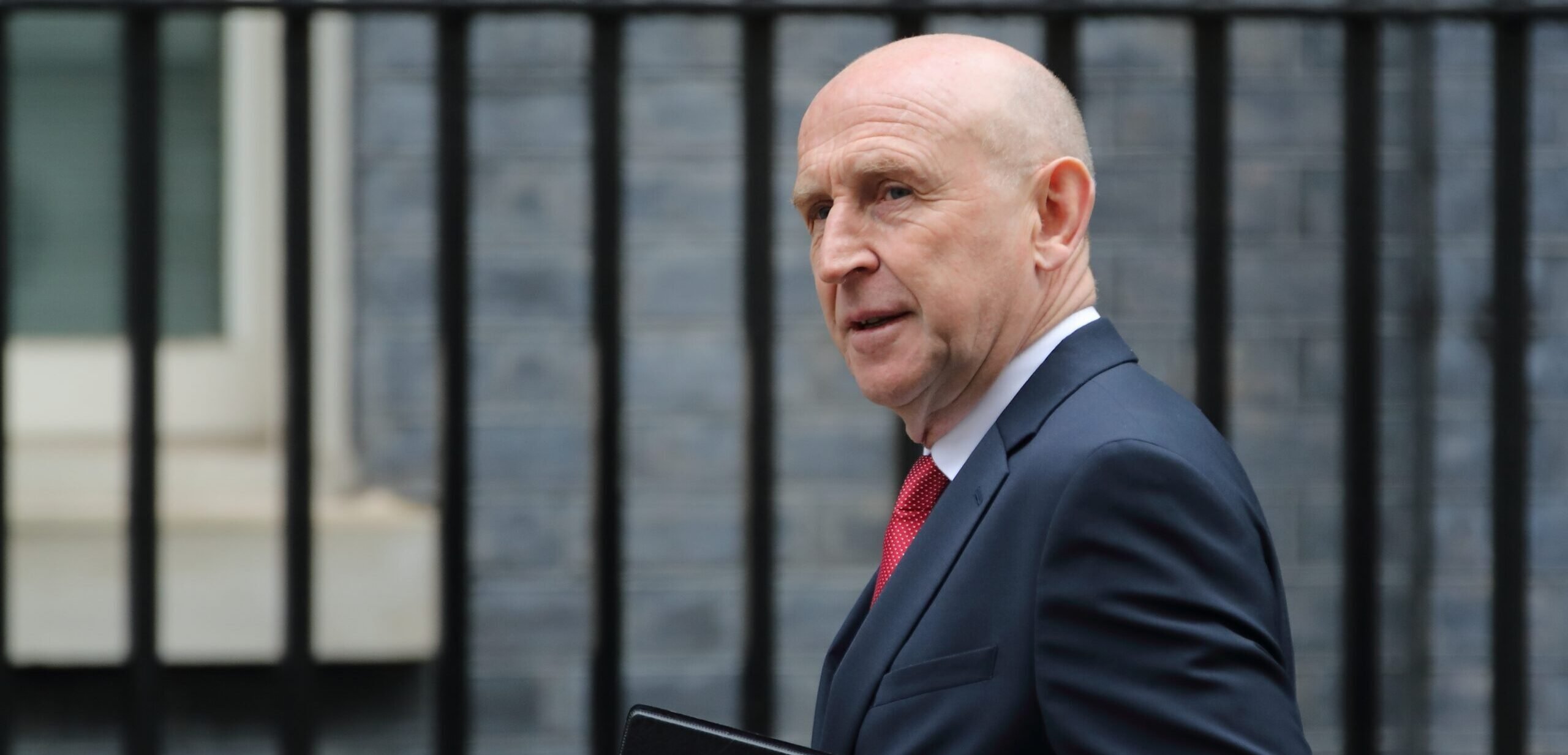
Belgium plans to provide Ukraine with F-16 fighter jets, Europe appoints a defense commissioner for the first time, and U.S. President Donald Trump may influence Hungarian Prime Minister Victor Orbán. What changes are unfolding in European politics, how might they affect Ukraine, and can our country secure reliable security guarantees?
Zenon Kowal: a member of the UWC Executive Committee, political adviser to the European Congress of Ukrainians and the Association of Ukrainians in Belgium, as well as former Special Adviser to the Embassy of Ukraine in Belgium (1992-1995), discussed these questions in an interview with the We Are Ukraine TV channel.
The Ukrainian World Congress is publishing an edited transcript of the conversation for clarity and convenience.
Belgium’s F-16s: from rejection to approval
The decision by Belgium, one of the 12 founding members of NATO, to supply Ukraine with F-16 fighter jets after previously ruling out the possibility became possible due to several key factors.
First, there was a change in government in February.
The previous coalition, which included French-speaking Socialists who may have been less supportive of more lethal aid to Ukraine, was replaced by a new government.
A member of the Flemish nationalist party was appointed to a key ministerial role, leading to a shift in Belgium’s official stance on military assistance.
Second, Belgium has recently acquired new U.S.-manufactured F-35 Lighting II jets, which are replacing the aging F-16 Fighting Falcon jets.
This made it possible to free up some of the older aircraft for transfer. The move was essential because Belgium actively participated in NATO air patrol missions — including over the Baltic Sea — and needed to maintain a sufficient reserve of aircraft.
Additionally, the prolonged nature of Russia’s aggression and the failure of diplomatic efforts to end the war pushed Belgium to finally provide this long-awaited assistance.
European diplomacy: defense and military industry
While extremist parties on both the left and right have gained some ground in the European Parliament, the core democratic majority remains firmly supportive of Ukraine.
A major institutional shift has taken place within the European Commission.
For the first time in EU history, a Commissioner for Defense, Security, and even Space has been appointed — a position that didn’t exist previously, since defense traditionally fell outside the EU’s jurisdiction.
The new role is held by former Lithuanian Prime Minister Andrius Kubilius, a strong advocate for Ukraine.
The creation of this post is closely tied to efforts to develop the European defense industry. One of the Commissioner’s main objectives is to coordinate and unify the efforts of defense manufacturers across EU countries, particularly Germany, France, Italy, and Spain, through joint projects. This initiative serves two major purposes:
- To strengthen the EU’s own defense capabilities; and
- To develop collaborative defense projects with Ukraine.
Many European nations are already working with Ukrainian companies on such initiatives.
Security guarantees: beyond paper promises
Security guarantees are meaningless unless backed by real enforcement mechanisms. A memorandum of understanding, by itself, is just a declaration of intent — it lacks legally binding commitments or implementation of procedures.
Ukraine has already learned this the hard way with the 1994 Budapest Memorandum when it relinquished the world’s third largest nuclear arsenal in exchange for security guarantees from Russia, Great Britain, and the U.S.
That memorandum offered no mechanisms for enforcement. This time, Ukraine is determined not to repeat that mistake.
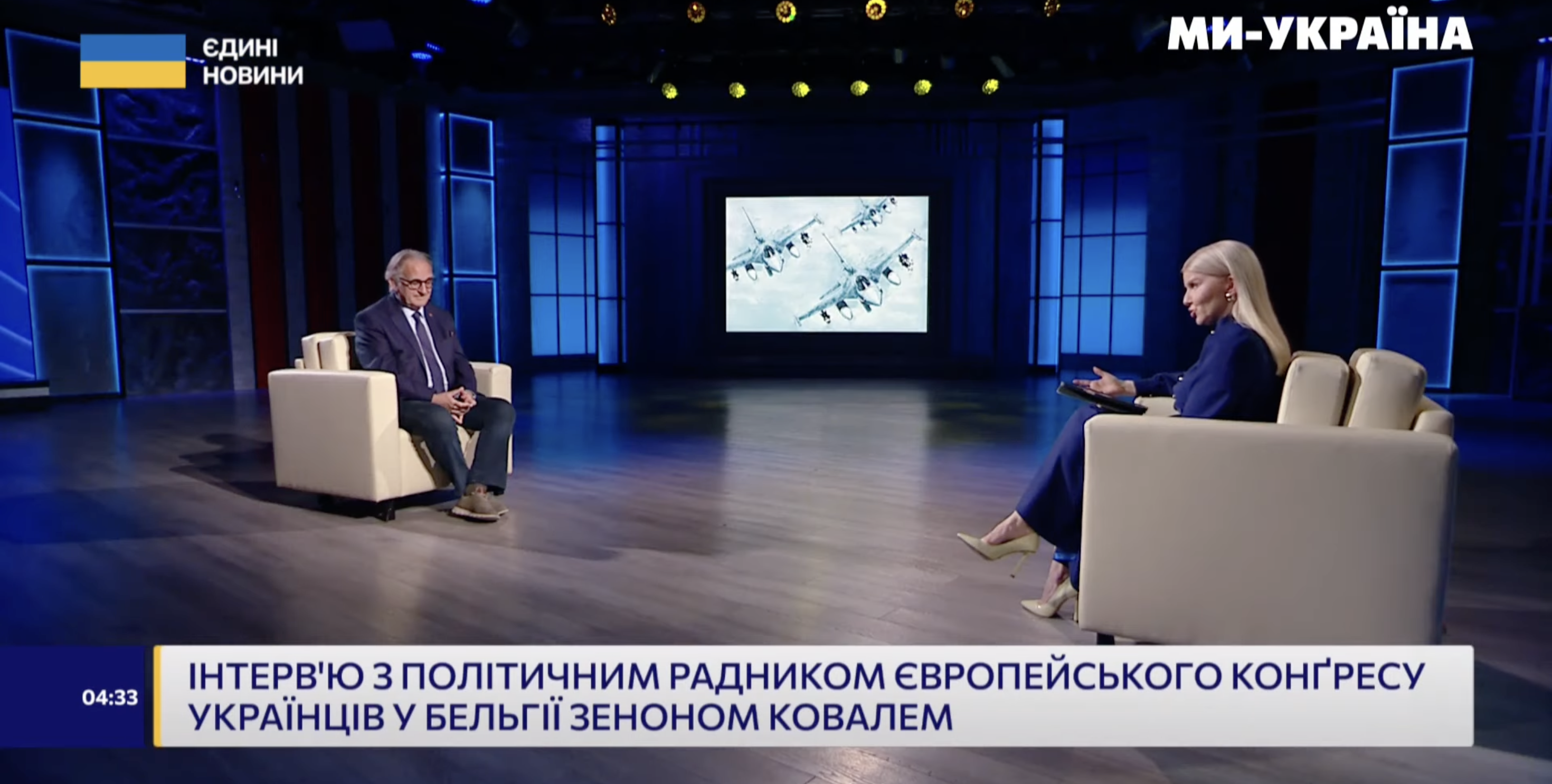
Today, Ukraine enjoys the broadest international coalition of support in its history — a so-called “coalition of the willing.” One example of this is the Ramstein format, which brings together defense ministers from dozens of countries.
It’s crucial that any decisions about Ukraine’s future include Kyiv at the table. Just as important is Europe’s active participation in shaping peace and security on the continent.
A recent example of effective diplomacy was Ukrainian President Volodymyr Zelenskyy’s visit to Washington, during which he brought European leaders with him. This collective approach made the conversation with Trump more constructive.
Trump, Orbán, and frozen Russian assets
Trump holds considerable sway over Hungarian Prime Minister Viktor Orbán. Their close, friendly relationship means Orbán tends to listen when Trump speaks.
Reportedly, Trump used this influence to convince Orbán not to block Ukraine’s path to EU membership, a significant breakthrough, considering that Hungary’s opposition had long been a major obstacle.
However, Orbán’s recent actions have raised concerns. He has launched a legal challenge against the European Union over its decision to use profits from frozen Russian assets to financially support Ukraine.
Orbán argues that this move is unfair — despite the fact that Hungary receives substantial financial assistance from the EU under its solidarity policy (where wealthier nations help less affluent ones). It appears that Orbán would prefer the revenue from frozen Russian assets to be redirected to Hungary, rather than to Ukraine.
Will Ukraine see the aggressor punished?
The fundamental principle is clear: aggression must be condemned. If left unpunished, it will happen again, potentially in other regions and by other actors.
Holding Russia accountable requires a massive effort to gather evidence of war crimes and atrocities. Ukrainian Nobel Peace Prize laureate Oleksandra Matviichuk and her team have been doing essential work in documenting these crimes, with the goal of using this evidence in international courts.
Without professionally collected and legally admissible evidence, it will be impossible to prosecute either the crime of aggression or the individuals responsible for atrocities against Ukraine.
No one knows how long this process will take, but it is a crucial step toward achieving justice and preventing future wars.
